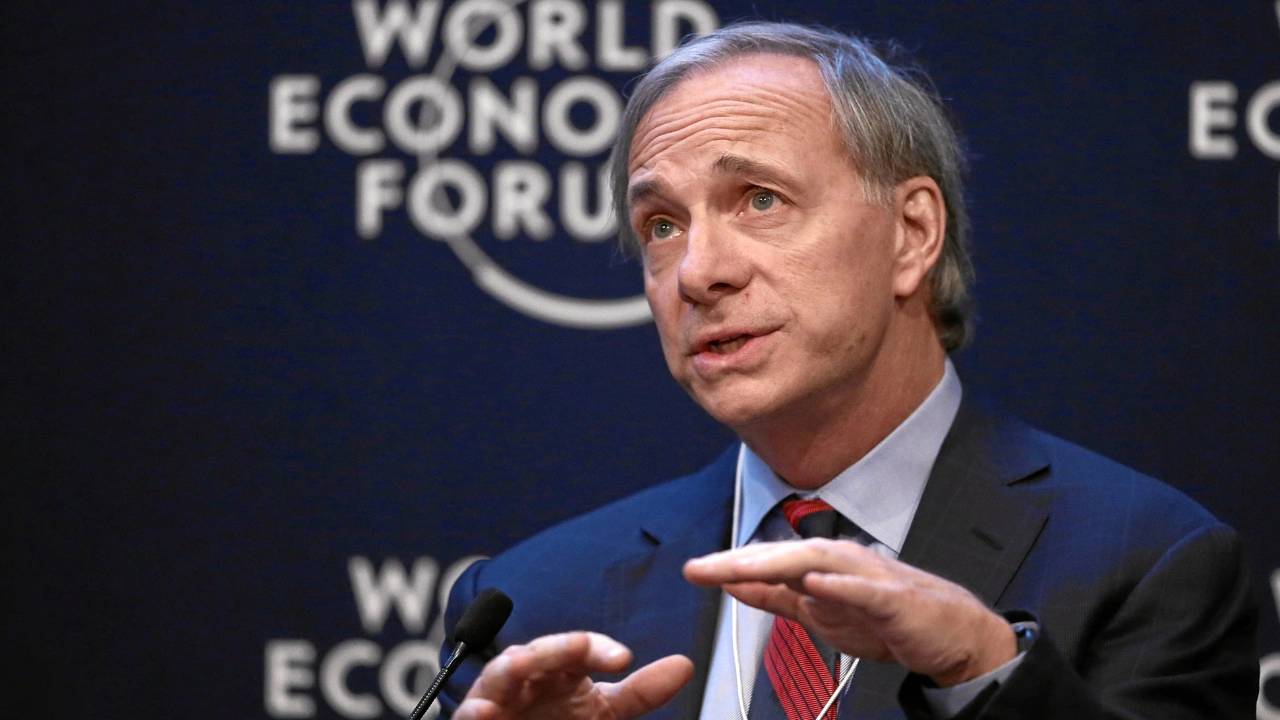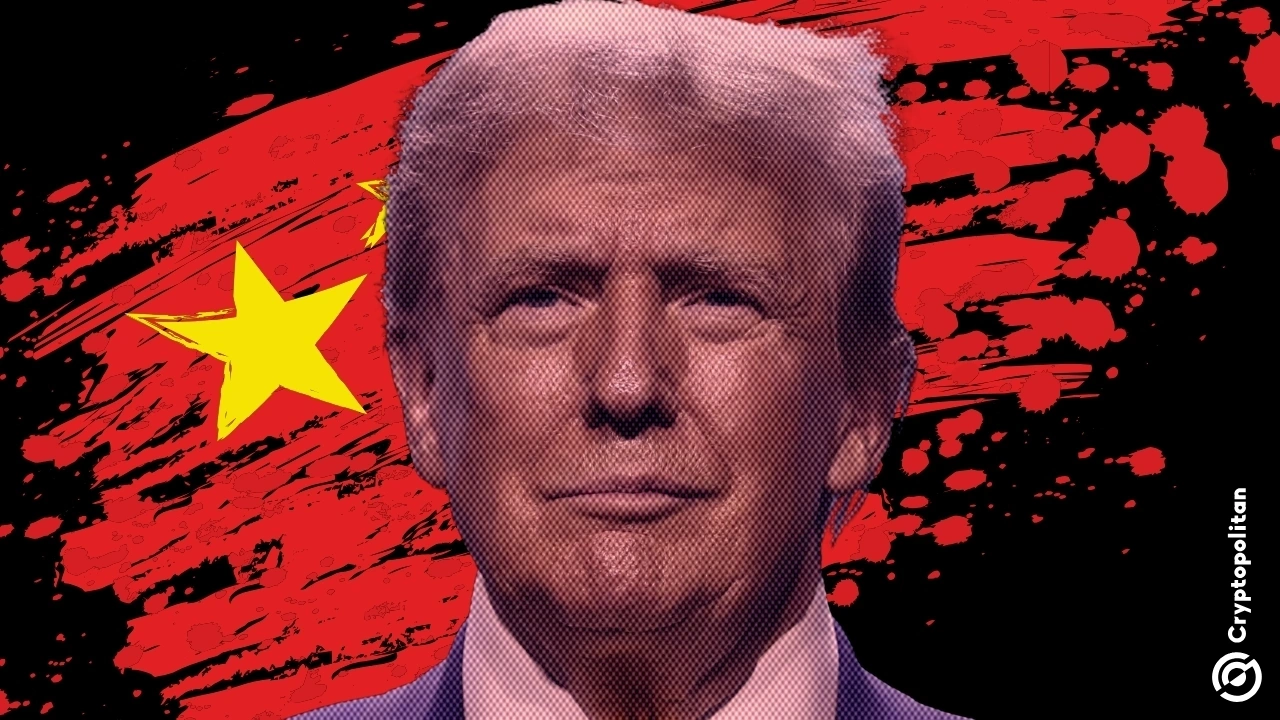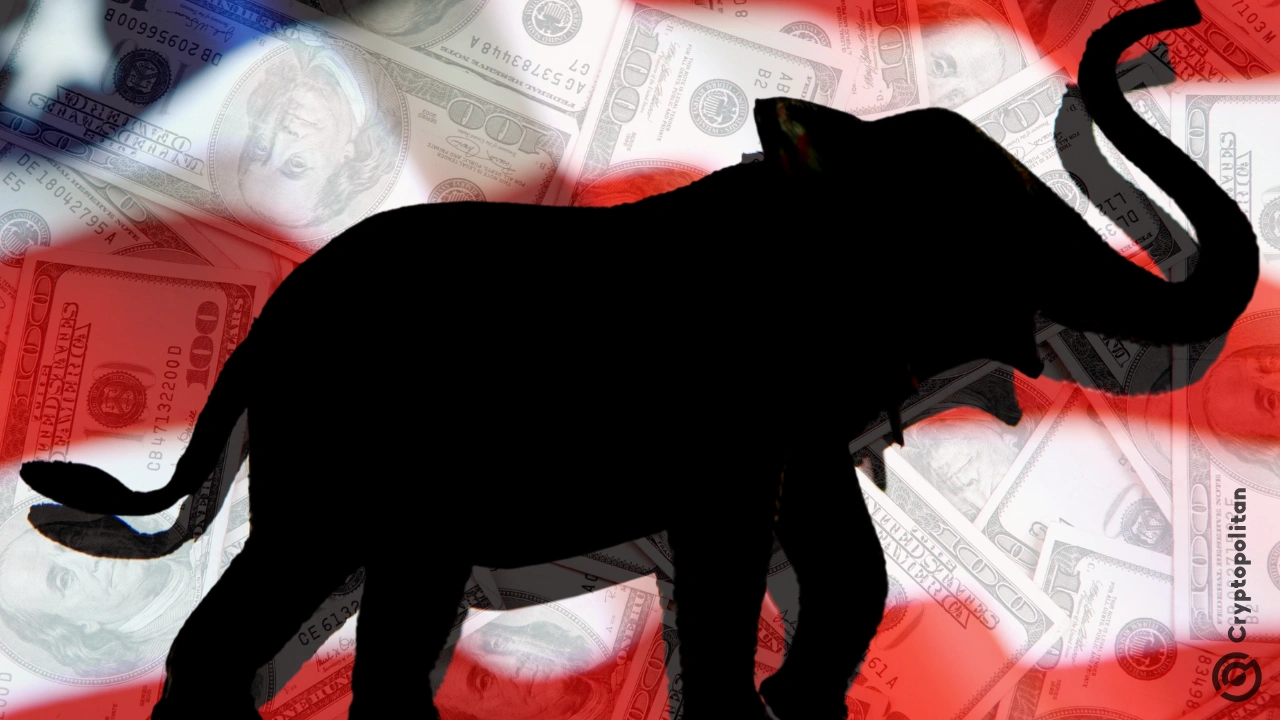Patrick Martin, who leads France’s influential business lobby group Medef, said Wednesday that the new tariffs could push the country into a recession. The 65-year-old French business executive is worried about the country’s economy facing President Donald Trump’s tariff-ridden market.
French businesses must contend with US export levies on steel, aluminum, and other goods used in aerospace, luxury goods, and cosmetics. Martin is asking the French government to enact strategies to help French-based companies’ competitiveness to stay afloat.
“The risk is that growth will stall and that we go into a recession,” Martin told RTL radio. “We must act quickly to improve the competitiveness of French businesses, which includes protecting consumption without overburdening taxpayers, households, and businesses.”
Recession threats persist as EU-US trade war ensues
Martin’s plea to the French government comes against the backdrop of frictions between the US and Europe over trade policies. Some policymakers, like French Industry Minister Marc Ferracci, have supported Martin’s concerns, proposing to help alleviate the burden on companies by reducing production taxes.
Speaking to Franceinfo, Ferracci requested French firms to consider suspending investments in the US because of the trade conflict.
“The situation is highly complicated, and investments that were once secure are now in question,” Ferracci added.
France President Emmanuel Macron has also slated the feasibility of Trump’s trade policies, coining them a “bad idea” that could worsen the already jittery global economic relations. The country, along with other EU nations, faces a 25% tariff on steel and aluminum and a 20% tariff on several products.
“We have never wished for chaos or higher tariffs,” Macron said during his visit to Egypt. “We think it’s a poor response to the trade deficit and will defend our economy against these tariffs.”
Macron reiterated that France could eventually respond to the US tariffs with retaliation, but the focus of his administration will be to make reforms to increase competitiveness rather than engaging in a tit-for-tat tariff tussle.
Bank of France raises Q1 growth estimate, says tariff consequences are unclear
In other developments, the Bank of France raised its estimate for first-quarter growth on Monday, reporting a 0.2% expansion between January and March. Still, the central bank mentioned it was unclear how much US tariffs would affect the French economy in the long term.
According to the Bank of France, the European nation’s manufacturing sector performed better than expected in March, and some industries, including luxury goods and alcoholic beverages, managed to front-load deliveries to America in anticipation of the tariffs.
However, the central bank admitted that tariffs have caused an increase in risk perceptions across all sectors, where industries have started preparing for financial impacts.
“I must insist that this snapshot of first-quarter data does not predict what will happen in the second quarter,” said Olivier Garnier, an economist with the Bank of France. “The uncertainty is real, and it will likely intensify as the tariff impacts become clearer.”
Inflation holds steady, Euro growth pauses
France’s inflation rate in March remained unchanged for the most part, with the annual rate persisting at 0.8%. It faced some reprieve from rising service and food prices, especially for fresh products, which were somewhat offset by falling energy prices.
The EU-harmonized inflation rate, which tracks price changes across member states, also held steady at 0.9%.
The bloc has been actively seeking ways to counteract the impact of US tariffs, with the European Commission proposing a “zero-for-zero” tariff deal to the Trump administration. Sources from Washington said the White House has rejected the offer, so the EU is reportedly gearing up to slap American-based goods with a 25% rate.
European equity markets took quite the hit on Wednesday morning trading session, with the STOXX 600 index dropping 3.4%, wiping out around 2% of the gains from the previous day. The losses spread across several sectors. Shares of pharmaceutical companies Novo Nordisk, Novartis and AstraZeneca went down 4.2%, 7.3%, and 5.3% respectively.
On the currency front, data from TradingEconomics show the EUR/USD exchange rate rose by 0.0071, or 0.65%, to reach 1.1032, a slight uptick from yesterday’s ending session level of 1.0961.
Cryptopolitan Academy: Coming Soon - A New Way to Earn Passive Income with DeFi in 2025. Learn More
















No comments yet